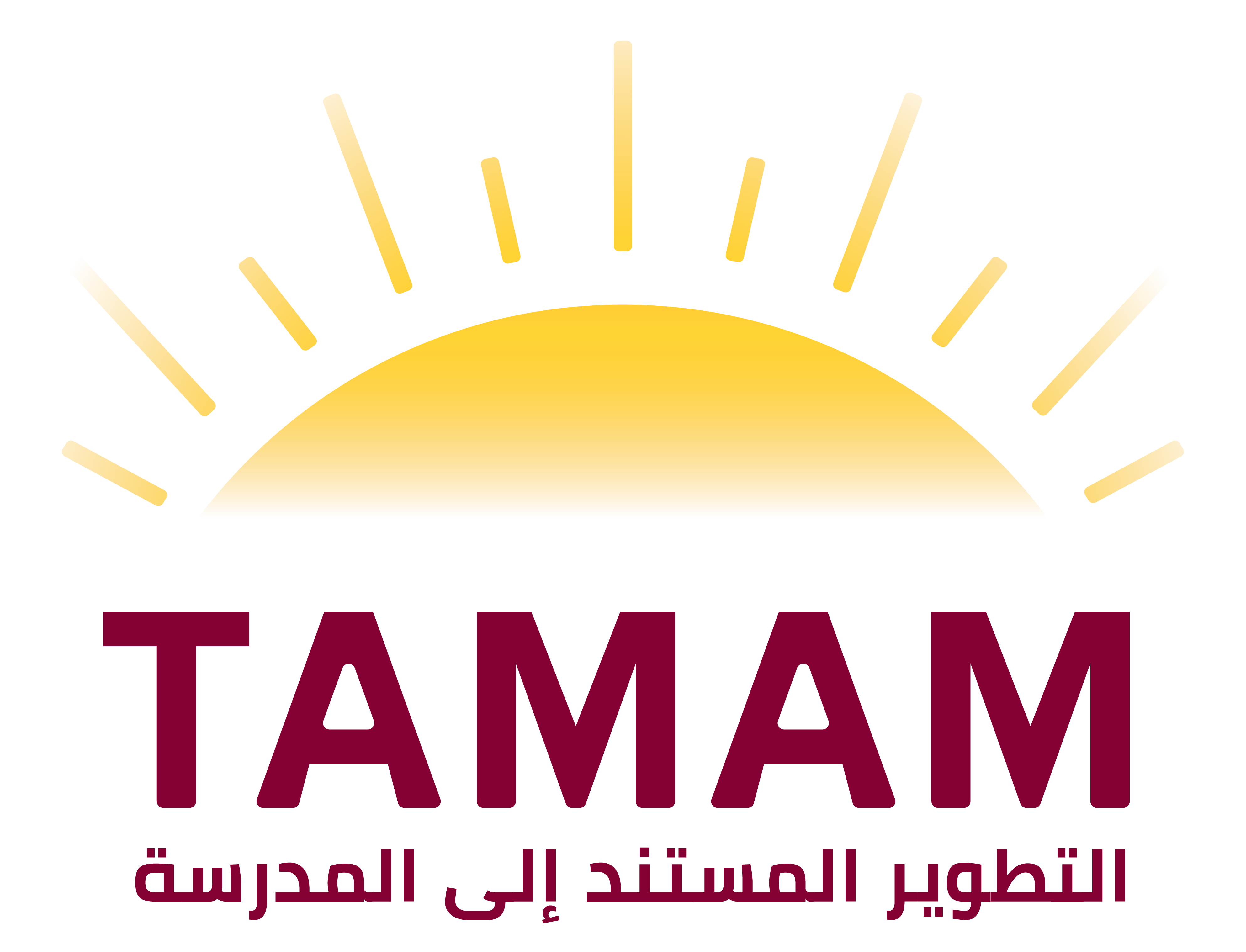Arab states have realized the importance of reviewing the state of education in their countries, and seeking the ways to quantitatively and qualitatively promote and develop all the domains of education. However, the efforts to promote education did not sufficiently meet the aspirations set on them. In spite of noteworthy achievement in the quantitative expansion of education in Arab countries during the 20th century1, gaps still exist. Realizing that the issues and the problems of Arab education are interconnected and that it is possible formulate common solutions to them, the Arab leaders in their Khartoum Summit, called for a radical qualitative change in education and education policies, and to prepare a plan for the development of education in the Arab countries. With the help of educational experts and specialists and the support of specialized Arab and International organizations, a Plan ‘for the Development of Education in the Arab Countries’ (hereafter, the Plan) has been developed by the Secretariat General and adopted in the Tunis Summit 2008 for ten years (2008-2018). This paper presents a summary for the educational reform carried by five countries in the Arab region: Jordan, Morocco, Lebanon, Qatar, and Egypt.
This site is registered on wpml.org as a development site. Switch to a production site key to remove this banner.
